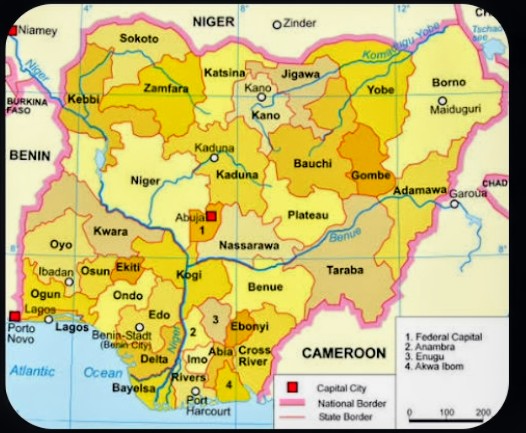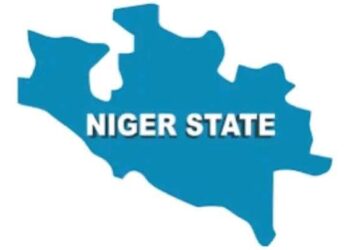Prayers, Politics, and the Price of Silence: How the Pulpit Became the Podium
From : Baban Khalifa Minna
In a land where politicians steal sleep from the poor and clerics sanctify their dreams, Nigeria has perfected a new national sport — the trading of souls for stomachs. The holy and the hollow have finally found their handshake, and it’s called the politics of prayer.
It’s a genius arrangement, really. The politician gets salvation at the ballot box; the cleric gets a brand-new Toyota and an envelope that smells of diesel and deceit. Everybody wins — except, of course, the people.
Once upon a time, sermons were about morality, justice, and truth. Now, they’re about manifestos, contracts, and campaign donations. A few brave souls like Sheikh Bello Yabo of Sokoto still roar from their pulpits, daring to remind politicians that governance is a trust, not a buffet. But his voice, noble as it is, often drowns beneath the chorus of prosperity preachers and political muezzins chanting, “Four more years!”
Our modern clerics have discovered something profound — that rebuking a governor won’t buy you a Prado, but blessing him just might. Why confront power when you can consecrate it? Why preach repentance when you can preach relevance?
Last week in Kontagora, Niger North’s political capital, we witnessed yet another grand theatre of national irony: a congregational prayer for peace and security. Thousands gathered — the masses, the politicians, the pious — all united in a spectacle of solemnity. After all, when you can’t find security, you can at least pray for it.
The clerics prayed. The politicians nodded. The people wept. And everyone went home satisfied, as if Boko Haram had suddenly retired and banditry had tendered a resignation letter. But alas, no miracle followed — the bandits didn’t get the memo.
Prayer, My Dear Reader, has become the new governance strategy. When roads collapse, we pray. When hospitals die, we pray. When bandits strike, we pray even harder — preferably in a stadium, with media coverage and government sponsorship. Because nothing says “we care” like a headline: “Thousands Pray for Peace in Niger State.”
But prayer without responsibility is just divine noise. You cannot substitute policy with piety and expect development. You cannot outsource governance to God while the treasury sleeps in private accounts. The heavens may hear, but it is men who must act.
And our clerics know this. They know that the government has abdicated its responsibility to protect life and property. They see the blood on the roads, the fear in the markets, the hopelessness in the villages. But why speak truth to power when you can dine with it? Why risk your invitation to the next political prayer breakfast?
So they keep quiet — or worse, they preach submission in the name of faith. They hypnotize their followers with selective scriptures, promising paradise in the hereafter while partnering with politicians to create hell in the present.
We have reached a point where the mosque and the campaign office share the same microphone, where the pulpit is just another platform for propaganda. And when the few honest clerics dare to speak, they are accused of being “political.” How ironic — that those who bless corruption are saints, while those who condemn it are sinners.
Nigeria’s tragedy is not only that our leaders have failed; it is that those who should hold them accountable have joined the banquet. Religion, once the conscience of the nation, has become its consultant — paid in SUVs and pilgrimages.
Until the day we see clerics refusing politicians’ brown envelopes, until sermons once again make leaders uncomfortable instead of celebrated, and until prayers are followed by policies that actually work — this cycle of hypocrisy will continue.
For now, let us keep praying. Not because prayer changes things, but because it’s the only thing left they haven’t taxed.

















